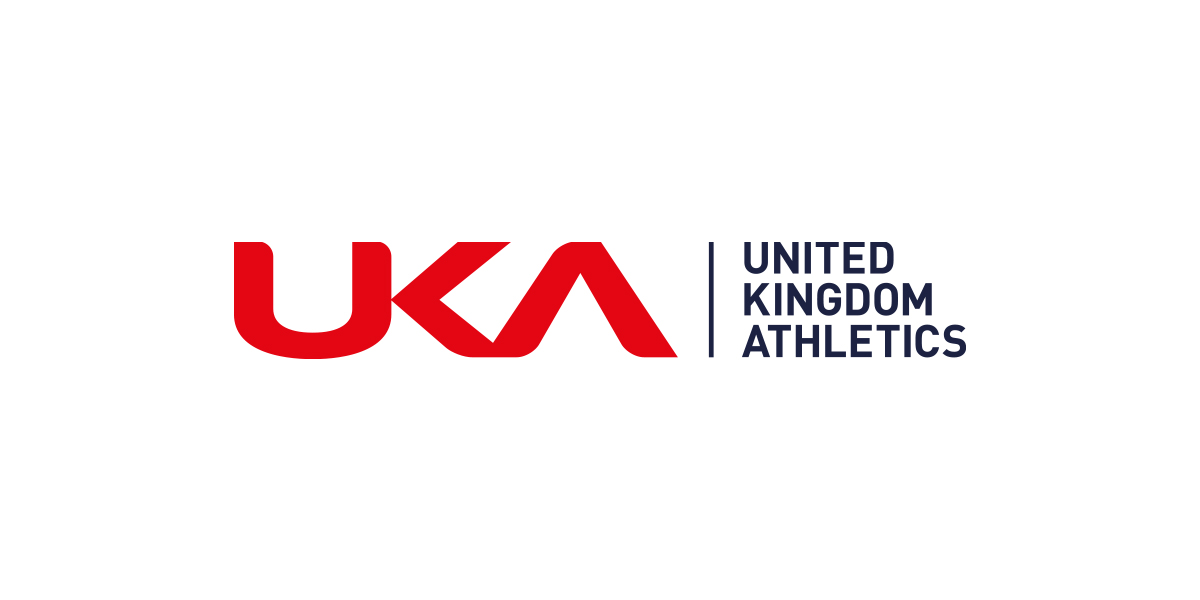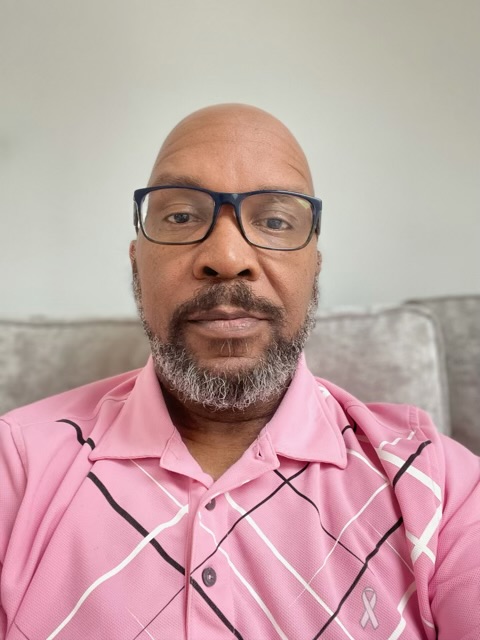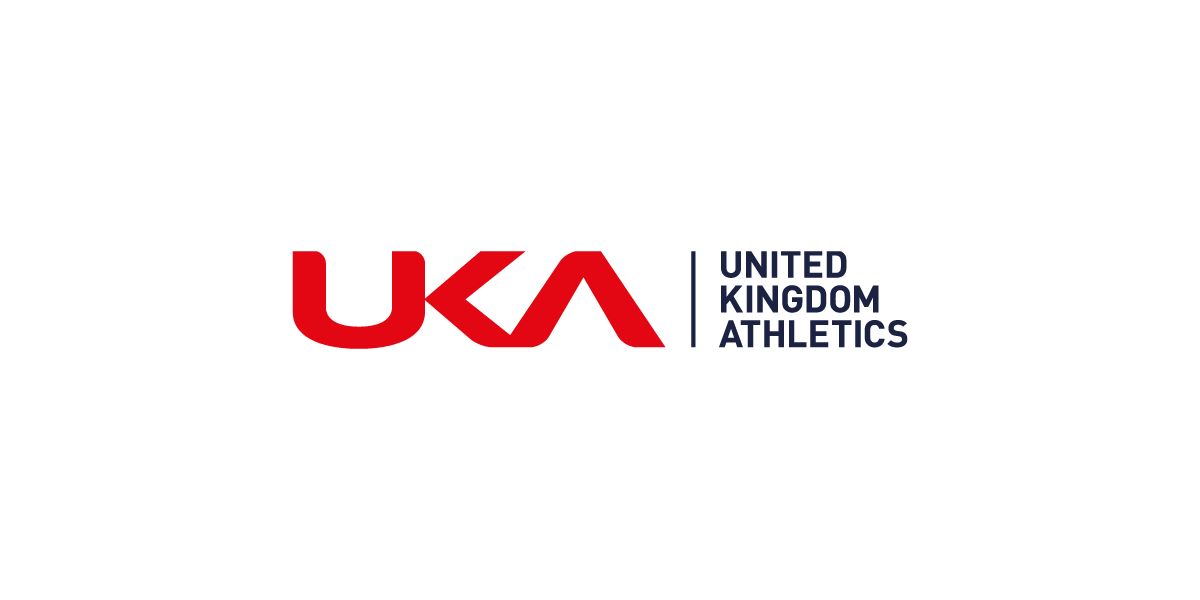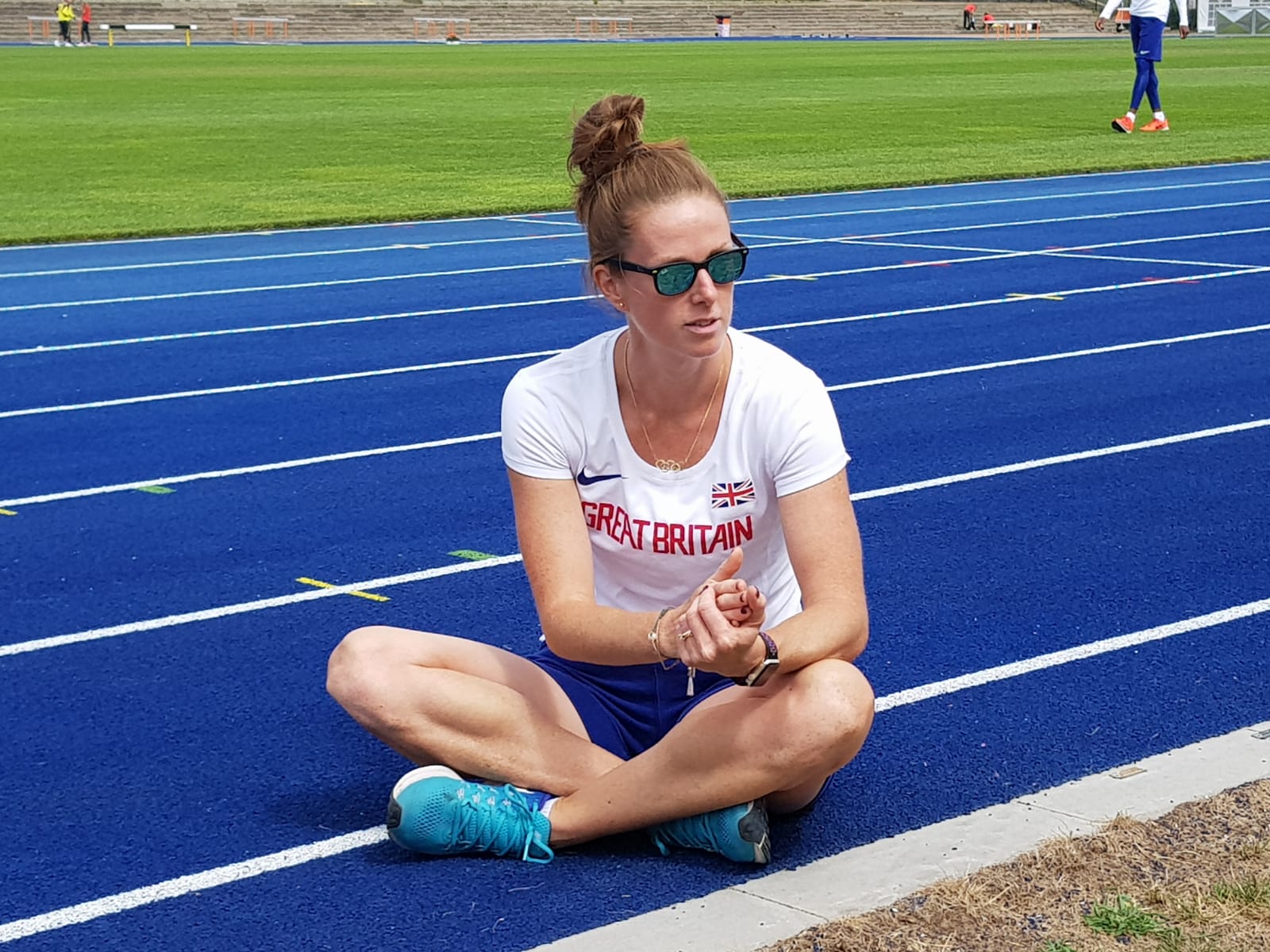
6th January 2022
COACH PROFILE - DONOVAN REID
DONOVAN REID
Sprints coach

What is your athletics background?
I grew up in Brixton in the 1970s and played rugby at school. Sadly, at my school both academic and sporting aspirations were very low – the expectation was you finished school and became a factory worker within a 15 to 20 minutes bus-ride from home. But I was very self-motivated and joined a rugby club, London Welsh, based in Richmond, so not very local to Brixton. I played there from age 14 for the under-17s.
I enjoyed my athletics too and, again, this involved travelling. I joined Hercules Wimbledon. As a young, black lad from Brixton this was quite an experience – it was a challenge to just leave my area as in Brixton I knew the safe spots, where to go, who to trust and so on. I lived with my grandparents who did not drive so I always had to take the bus or train. For example, the first time I ran for Wimbledon I arranged to meet some of the team at the station to go to the track as I did not know the way and while waiting there next to a newspaper vendor, I realised he was selling a National Front publication. That was my introduction to life outside Brixton at 14 years old.
At around 17 years old I decided I needed to choose between rugby and athletics and I felt with running I was less likely to get hurt! I really enjoyed it and knew I was good at it and wanted to see how far I could go.
At 17 I was selected to be part of a pre-Commonwealth Games tour after setting an age-group record. This was an amazing experience although it was rather daunting beforehand. Given Australia’s history at that time with their own indigenous population my parents were worried about me going– as a young black boy from Brixton. I found it difficult seeing the difference in access to amenities between races in the country.
After returning from Australia, I changed coaches. We had had open access to world class athletes during our visit and I had especially enjoyed talking with Mel Lattany, the American 200m world champion – we talked about training, about weights, strength and conditioning and about specific coaching sessions. When I got home, I was more determined than ever and I wanted to run against these guys and win. I knew I needed a new club and coach so I asked around and I eventually moved to Shaftesbury Harriers training at Wood Green where I have remained ever since. My coach was based at Haringey. It was a great group including Shirley Thomas, Mike McFarlane and Claude Moseley. The group grew and continued to develop with John Regis, Tony Jarrett, Clarence Callendar and Darren Braithwaite also joining. Everything fell into place, began to snowball and success followed. It was a classic case of success bringing success.
In Brisbane I reached the Commonwealth final in the famous race where Allan Wells and Mike McFarlane tied for Gold. I was lucky as I hadn’t been selected for the 200m event but because I was there for the relay I was put into the heats and reached the final.
I continued to compete in athletics until aged 29. By then I had won the national championships at youth, juniors and senior level. I also won English Schools on three occasions. I competed for England at the Commonwealth Games and for Great Britain I took part in European, World and Olympic Games reaching the Olympic final in the 100m in 1984. I was a full-time athlete but continued to study as well taking my qualifications in IT which I still work in today when not coaching.
How did you get into coaching?
About the time I was finishing competing as an athlete I was asked to help at a local sports centre on a Saturday morning with some young athletes. I had started my coaching exams as well so it fitted perfectly. I ran a 15-week programme from March to June and it was promoted as “come and get some training from an Olympic athlete”. At the end some of them asked me to continue working with them and, all of a sudden, I had a training group.
I changed venues from the local track to Crystal Palace and Tooting Beck. I took the group with me and one of the group, Terry Williams went on to win a Commonwealth medal in 1992. I joined for a while and coached with Clarence Callendar. Between us we covered south and east London training most evenings at Tooting Beck, Crystal Palace and Ladywell tracks and in Newham at the weekends. We produced a production line of international class athletes over the next 25 or so years across a number of different clubs. Around 125 international athletes passed through our group.
Eventually, due to difficulties with travelling, Clarence and I parted ways and he joined with Lloyd Cowan to coach in East London while I carried on in south London.
My group now is about 18 spread across three coaches. We specialise in sprints (100m, 200m and 400m) plus both relays.
What’s your coaching philosophy (what underpins your approach?)
I classify success as taking ordinary people and developing them into great athletes but also as importantly into great people. Investing in people and developing good people is important to me. Coaching isn’t just about what happens at the track – it is also about the before care and the after care. I treat my athletes like my family – I insist on meeting their parents first – they need to know who I am, what I look like and I talk to them about how I work.
It’s about pushing the athletes but also about having that ‘talk” with them and being honest with their potential. I don’t shy away from giving them my expectations – all done individually. I never embarrass anyone by saying these things in a group. But I don’t differentiate in the training – we train together. But I do get to know what works for each individual. Some weeks I tell them what to expect in training and some days it will be a surprise to them.
I also like to train my athletes to ‘double-up’ and take part in 100m and 200m or 200m and 400m. I think it gives more opportunity to find an athlete’s strength and can prove helpful in both competition and training.
Why do you coach – what do you love most? What keeps you motivated?
If I can see potential in someone like someone saw in me then I am happy to put the time in. I have three or four people who I think have potential to go all the way and that brings me great satisfaction.
What’s your biggest achievement or most memorable moment as a coach?
I think when athletes that I have coached that have gone on to become coaches is a major achievement.
I trained a young woman who did very well but what I am most proud of is she has also become a successful businesswoman and is now wanting to invest financially in athletics and ‘give back’.
What are your aspirations for 2022 onward?
I’d like to see more competitions promoted in this country to support our athletes getting competition experience. Our climate isn’t always conducive to the athletes performing well. But we have the equipment and technology to help our athletes out and we don’t always use this to the best. We need to look at sport development as well as athlete development.
We need to be more athlete focused. I would like to see more doubling up at events as well to give athletes experience of different events. My hope is also that people look at the coach as well as the athlete when they look at what brings success. We need to encourage the coaches more. Most major championship performers over the years such as Linford Christie, Colin Jackson, Chrissie Ohuruogu, Sally Gunnell, Andy Turner were all with the same coach for at least three years and, some, the same coach all career. It doesn’t happen overnight.
My other aspiration is to beat John Regis at golf!




